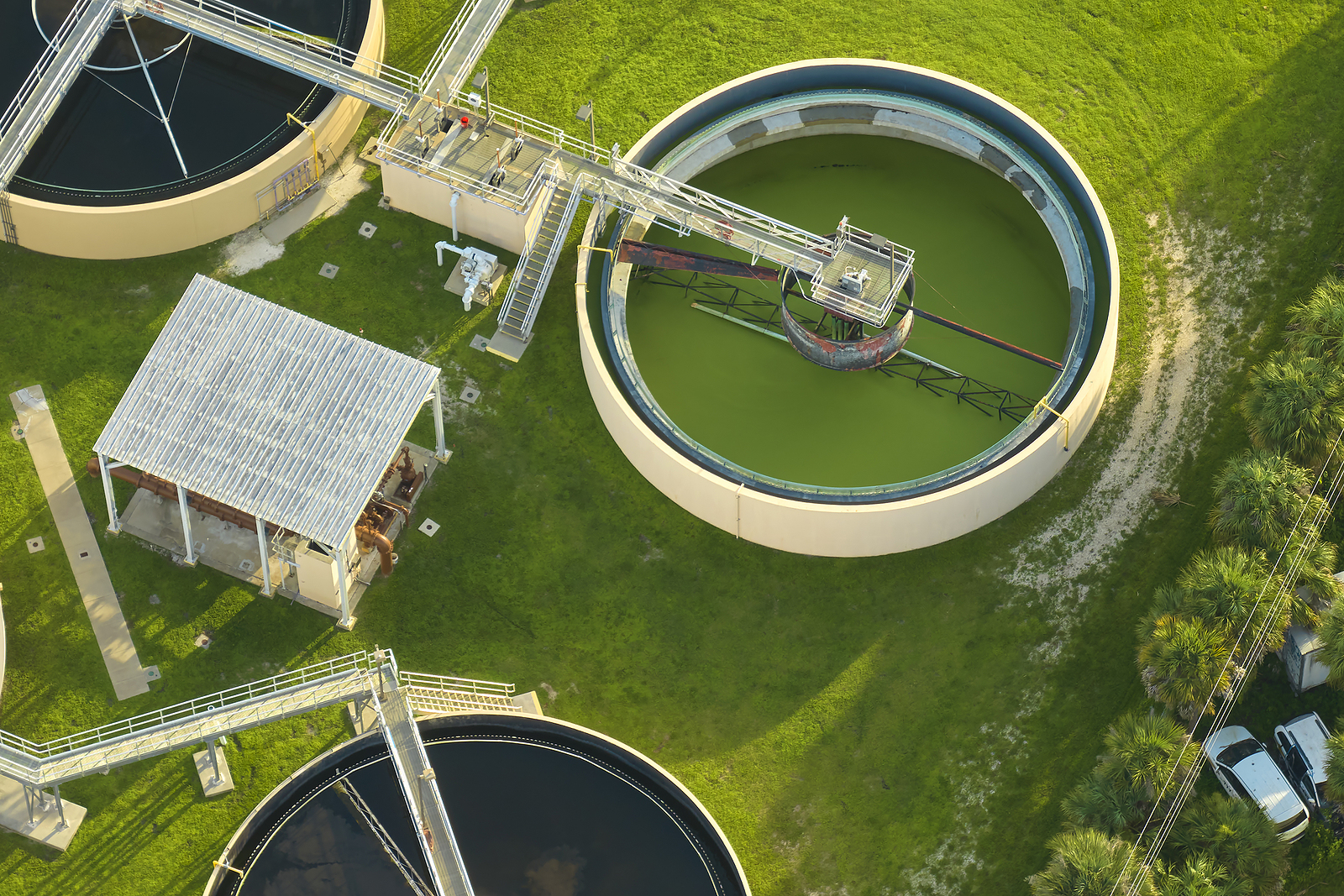The health of Britain’s waterways has been a subject of much concern from environmental groups in recent years. According to the Rivers Trust, only 14% of England’s rivers are in good ecological condition, and 100% fail to meet chemical standards.
Two thirds of the pollution is caused by agricultural runoff, and discharges of raw sewage also causes a significant amount. There has been particular concern about the levels of untreated sewage being released from storm overflows, which is only supposed to happen during extreme rainfall events when storm drains fill rapidly.
However, there is evidence that many water companies are releasing billions of litres of raw sewage into the UK’s rivers each year, sometimes on an almost daily basis. The government has ordered water companies to invest in upgrading their wastewater treatment plants and take other measures to improve the unacceptable levels of sewage pollution.
Severn Trent Water has invested £78m in improvements to their treatment plants and storm overflows so far. The Shropshire Star reports that the water company has also invested in pioneering technology to improve the quality of river water, which has the potential to ‘revolutionise’ water treatment.
Business lead Wilfred Denga said: “I have been with Severn Trent for 15 years, but without a doubt, my work on this bathing river project is the single proudest moment of my entire career because it will deliver a tangible output that people can see and enjoy.
“This is such an exciting project and it’s rewarding to work in a community that is really committed to good river quality. I’ve been fortunate to meet a lot of people in Ludlow and be able to share my vision – they really see the benefits.”
The use of ozone technology will be trialled next year in the River Teme. This involves introducing a reactive gas into the water that reacts with pollutants to neutralise their harmful effects. The project will take until 2025 to complete and if it is successful, it will be rolled out across the region and potentially to the whole of the UK.
Denga explained: “This would be an additional treatment process at the end of our normal sewage treatment works. While our current process ensures that nutrients and pathogens are reduced, it doesn’t take out all the bacteria and pharmaceutical chemicals that don’t easily go away.”
He added: “There are many ways to treat waste water, such as ultra-violet light disinfection, but that relies on clear fluid and therefore needs significant filtering first before moving onto the disinfection stage.”
“Ozone doesn’t need as much pre-treatment, to put it simply it’s a bubbling, reactive gas that when put into the water will react with most things within that flow, so the end result should be a cleaner effluent that is discharged back into the river.”
Water companies reported over 384,000 raw sewage discharges across England and Wales in 2022, amounting to 2.3m hours of continual spilling.
If you are looking for belt scrapers, please get in touch with us today.





